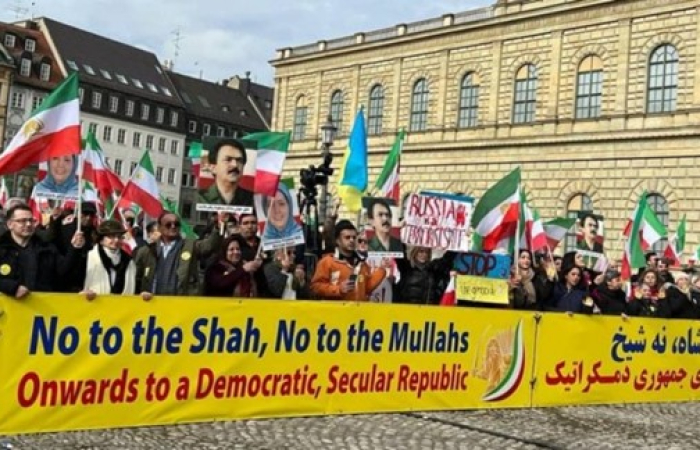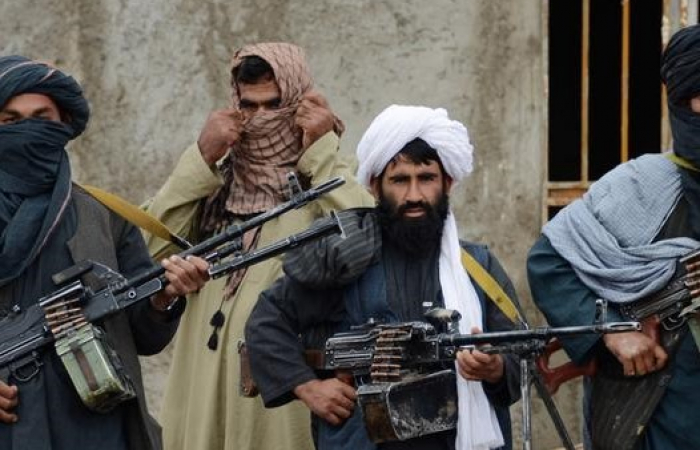Trending
Monday Commentary: It is time for Iran to turn the page
9 February 2026
One slogan at a pro-democracy Iran rally held in Berlin, one of many that took place in Europe this weekend, caught my attention. It said “No Shah, no Mullahs”. It caught the dilemma of many Iranians, inside and outside the country, that are being forced into a false choice between the present clerical regime, and the “Shah”, the son of Mohammed Reza Pahlavi, who ruled Iran from 1941 until the 1979 revolution. For most of the time, and certainly since 1953, the Shah was absolute ruler.
Mohammed Reza Pahlavi was no democrat. He ruled as an absolute dictator, with the help of a secret police that tortured and abused people.
It is at best disingenuous, at worst an act of great folly and cynicism, that in the United States, the son and heir of Mohammed Reza Pahlavi is being promoted as the alternative to the clerical regime that currently rules Iran. Today Iran is also ready for change, but this change cannot be going back half a century in time. No Shah, no Mullahs, as the slogan in Berlin said.
Its time for Iran to turn the page, but this has to be done by the Iranian people in their own way. You cannot bomb a new regime to replace the present one. The Iranian system is resilient, and will not allow change imposed from outside.
What will emerge will not be what Israel and the US wants, but it can be what the region needs: a peaceful, stable and prosperous Iran at peace with itself and its neighbours.
Change is likely to come incrementally, and from inside the system. Many inside the system understand that change is needed.
(click the image above to read Dennis Sammut's this week's Monday Commentary in full).




